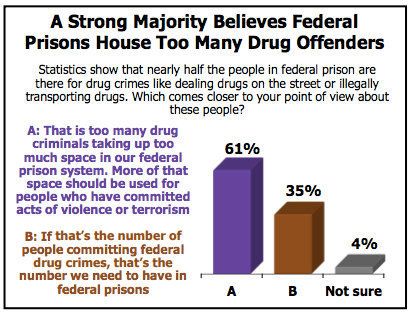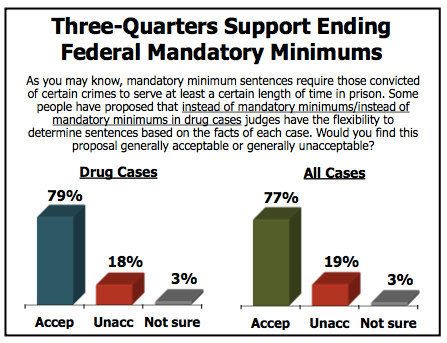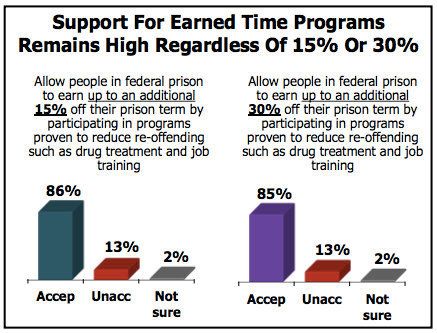Mark Mellman inducted into the Political Consultants Hall of Fame!
A’s release poll showing only ‘limited opposition’ to proposed Vegas ballpark
05/17/2023
As their plans for a new Las Vegas ballpark hang in legislative limbo, the Oakland A’s have released polling they said shows strong support for the team’s plan to build…



